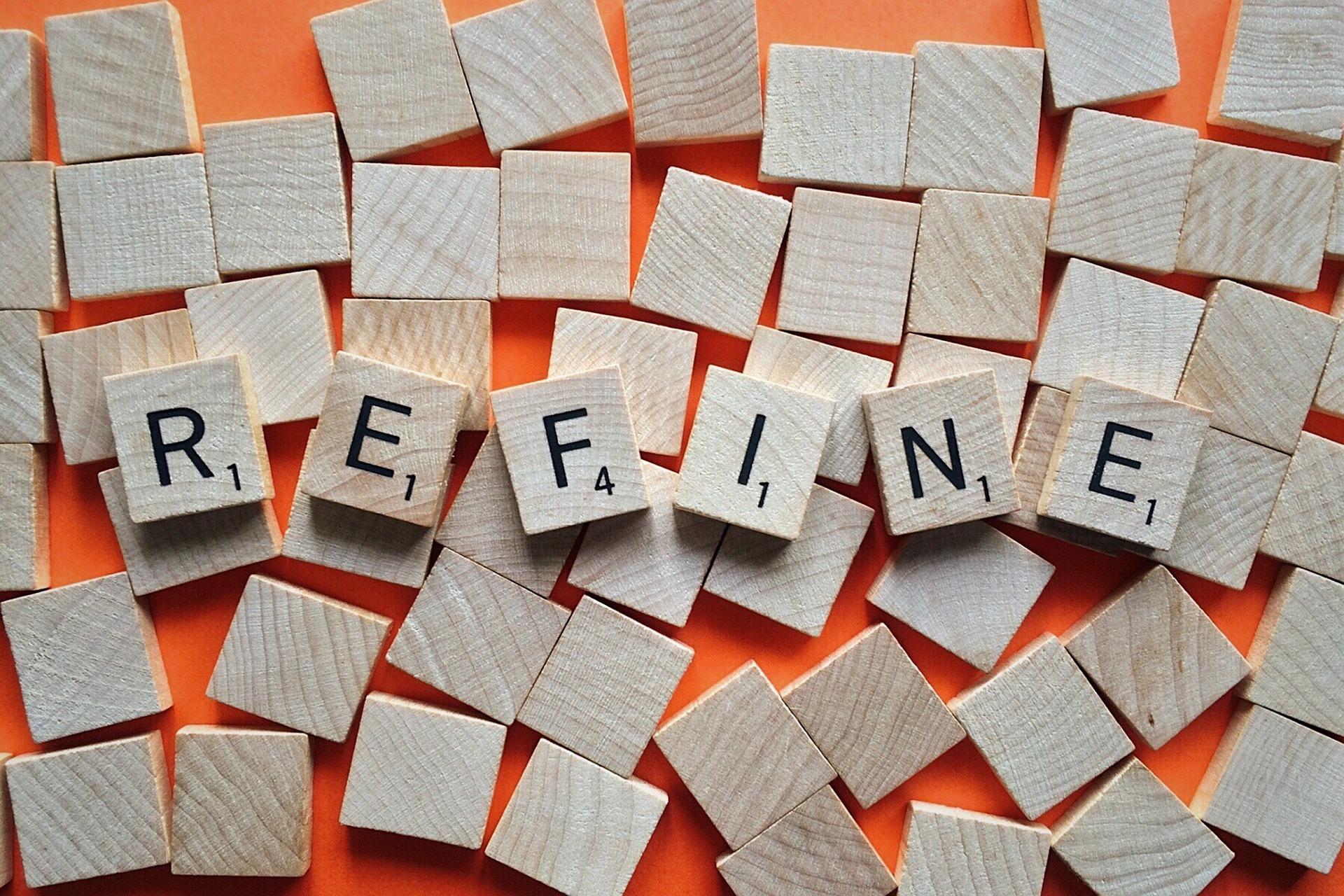For many homeowners, refinancing their mortgage is an attractive option to consider. Refinancing can allow you to shorten your loan term, lower your interest rate, or even use the equity in your home for other financial needs. However, there are drawbacks that you should consider before making a decision. In this article, we’ll take a look at the pros and cons of refinancing your mortgage, so you can make an informed decision.
Pros of Refinancing
1. You Could Pay Off Your Loan Faster
By refinancing your mortgage into a new loan with a shorter term, you could pay off your loan faster. For example, if you’re currently in a 30-year mortgage and refinance into a 15-year mortgage, you’ll gain more equity in your home faster and pay off the loan quicker. This means you’ll own your home free and clear earlier and save money on interest.
2.You Might Spend Less Over the Life of the Loan
If you refinance your mortgage at a lower interest rate, you could save money over the life of the loan. By shortening the length of time you pay interest on the loan, you pay less interest over time. Even if you don’t shorten the length of the loan, refinancing at a lower interest rate could still result in savings. It’s important to do the math and make sure that the savings outweigh the costs associated with refinancing.
3.You Could Save More Each Month
Refinancing your mortgage to a lower interest rate or extending the term of your loan could result in a lower monthly payment. This could free up cash for other expenses or allow you to put more money toward your retirement savings.
4.Payments Can Become More Predictable
If you have an adjustable-rate mortgage, refinancing to a fixed-rate mortgage could provide more stability and predictability when it comes to your monthly mortgage payment. With a fixed-rate mortgage, your interest rate stays the same throughout the life of the loan.
5.Cashing Out Equity Can Cover Some Expenses
If you have equity in your home, you may be able to use it to cover other expenses through a cash-out refinance. For example, you could use the money to pay off high-interest debt or make improvements to your home. However, it’s important to be careful not to overextend yourself and borrow more than you can afford to pay back.
Cons of Refinancing
1.Closing Costs
When you refinance your mortgage, you’ll have to pay closing costs, which can be several thousand dollars. It’s important to factor in these costs when considering whether refinancing is worth it for you.
2.You might pay more interest
If you extend the term of your loan by refinancing, you could end up paying more interest over the life of the loan, even if your interest rate is lower. This is because you’ll be making payments for a longer period of time.
3.Resetting the Clock
When you refinance, you essentially start over with a new mortgage. This means that you’ll have to go through the process of making payments on a new loan for the entire term of the loan.
4.Potential for Higher Monthly Payments
If you refinance to a shorter loan term or at a higher interest rate, your monthly payments could go up. This could make it more difficult to afford your mortgage payment each month.
In Conclusion
Refinancing your mortgage can be a good option for some homeowners, but it’s important to weigh the pros and cons before making a decision. By considering the benefits and drawbacks of refinancing, you can make an informed decision about whether it’s the right choice for you. If you’re considering refinancing your mortgage, be sure to speak to a professional for advice.

